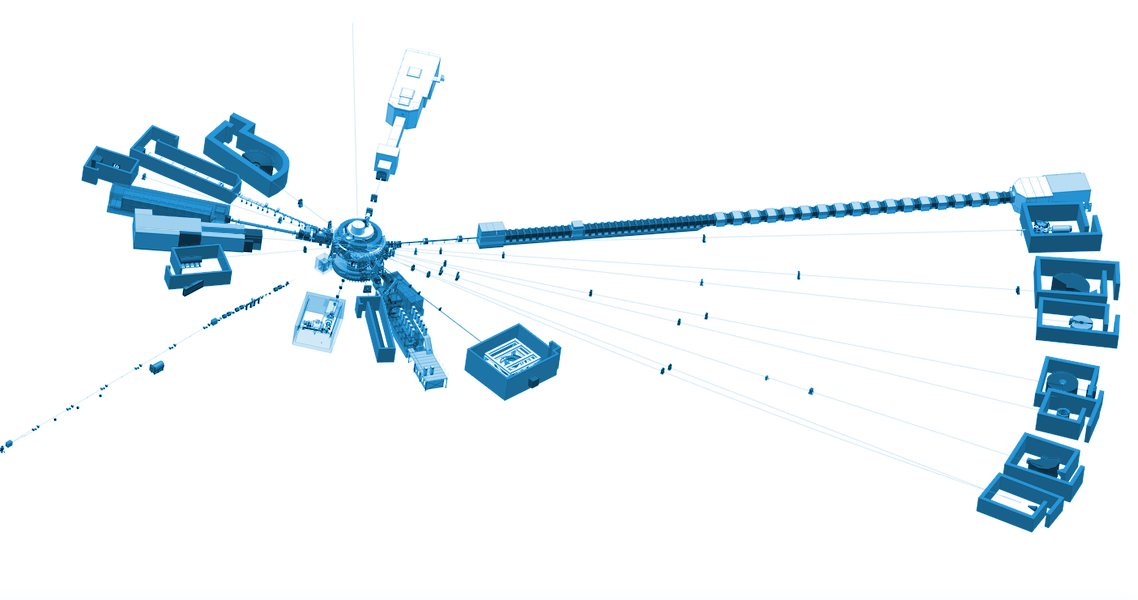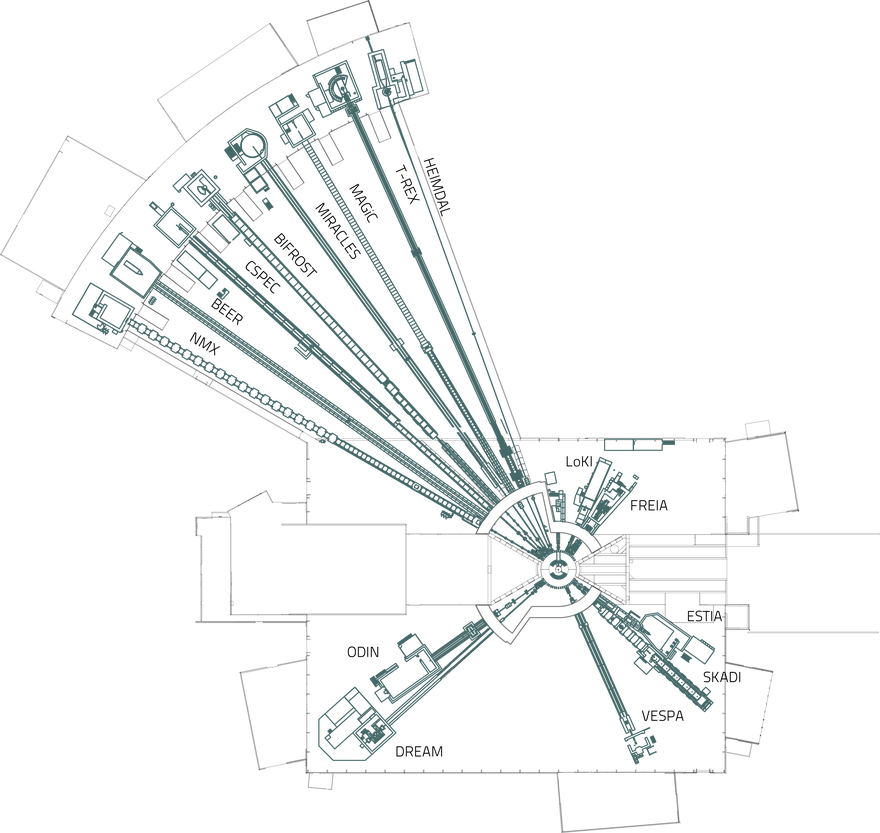
Instruments
Fifteen instruments for science are included in the ESS construction project. Each instrument is unique, optimised for obtaining particular kinds of scientific data.
At the European Spallation Source (ESS), fifteen specialised scientific instruments are currently being installed. Each instrument is designed to capture specific types of scientific data.
These versatile instruments are designed to support the research needs of diverse scientific communities. This collaborative effort involves expertise from across Europe and around the world, resulting in instruments with the potential to offer novel insights into complex scientific challenges.
The 15 instruments have been selected to span a broad range of experimental techniques and scientific fields. Anticipated to join the ESS user programme in the later part of the 2020s, they promise to enhance scientific understanding.
Future plans include expanding the instrument suite to 22, presenting additional scientific opportunities at ESS.
Diffraction
DREAM
Bispectral Powder Diffractometer
HEIMDAL
Hybrid Diffractometer
MAGIC
Magnetism Single-Crystal Diffractometer
NMX
Macromolecular Diffractometer
Engineering & Industrial
BEER
Engineering Diffractometer
ODIN
Multi-Purpose Imaging
Large-Scale Structures
ESTIA
Focusing Reflectometer
FREIA
Liquids Reflectometer
LOKI
Broadband SANS
SKADI
General Purpose SANS
Spectroscopy
BIFROST
Extreme Environment Spectrometer
CSPEC
Cold Chopper Spectrometer
MIRACLES
Backscattering Spectrometer
T-REX
Bispectral Chopper Spectrometer
VESPA
Vibrational Spectrometer

























